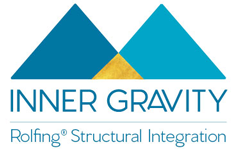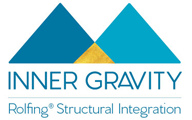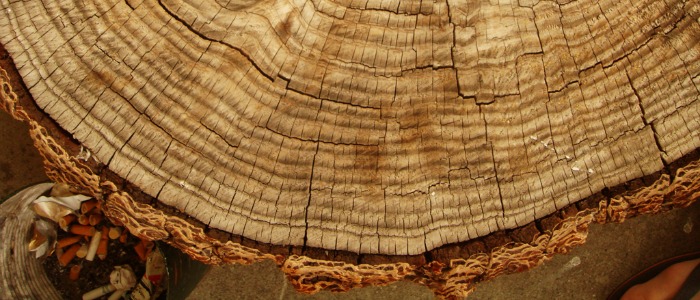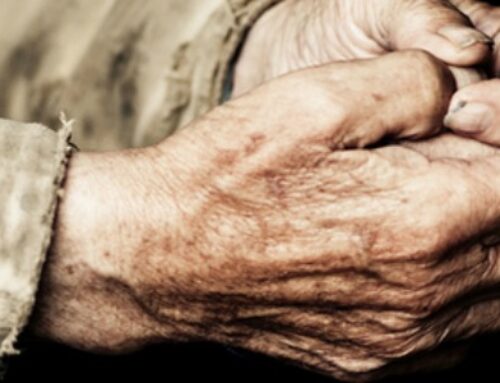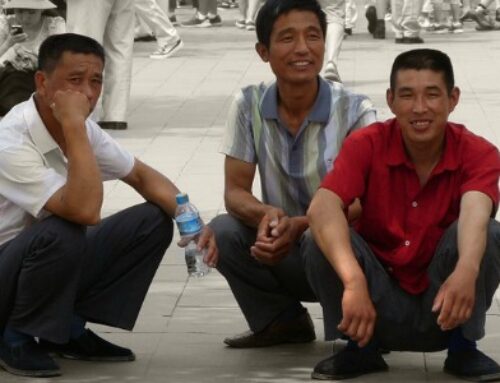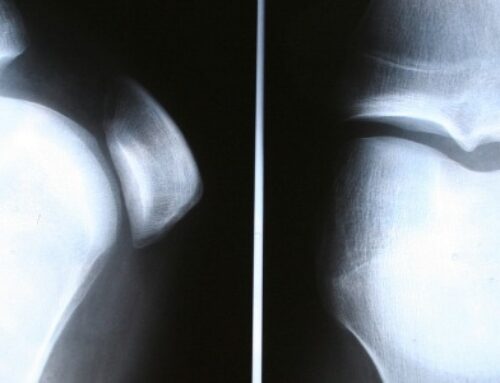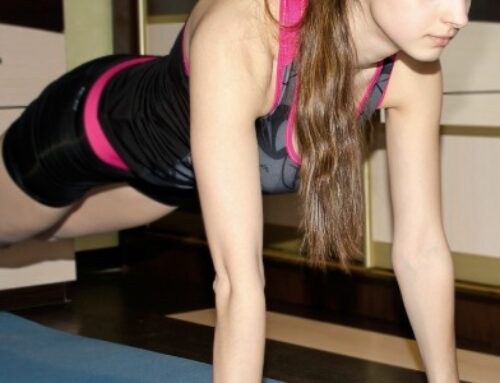As I watch my daughter grow I catch myself looking for pieces of me in her, when I should be looking for pieces of her. Who is she becoming? What is her personality? If you ask her she’ll tell you gladly: I’m a butterfly!
And it’s true, she flutters through the world bringing smiles on people’s faces, looking for flowers, preferably in a dress, with no buttons on the front…
Yes she already has some opinions on what she likes. She knows her name, she knows she’s our daughter, and a big sister, and a cousin, and a niece, and a beloved grand-daughter, she sort of knows she’s half French, half American, she knows she speaks both languages for sure.
But she doesn’t question her essence and her identity the way adults do. She doesn’t care about what people will think of her or how she holds herself or even behaves. That comes later.
And lately I have been pondering a lot about identity. As we get older and we have more life experience, we become deeper beings. Every passing day adds a layer to who we are. How do we deal with it?
How do we define ourselves when so many things are competing to define us?
I used to think of myself as a mountain girl. I left Paris to be in the mountains and ski, climb, hike. That was my first attempt at deciding who I was, and who I wanted to be. Then I got injured, then I got married and moved away from the mountains. As much as I’d like to still think of myself as a mountain girl, it’s not really true anymore. I run so much more than I ski. I haven’t climbed in years. And I barely hike. So who am I?
Well, for while I was a Rolfer. Then I moved and had babies. I was a mother. I adore my children. But being only a mother didn’t suit me. I was miserable. I wanted to be a Rolfer again. When I was younger I had always assumed that my professional life was not optional, that I needed to work. I had the opportunity to test my theory and I was right. I need to work; I need to contribute to the household doing more that raising the kids.
So now I’m back at work and I’m happy.
But I still struggle with defining myself.
Am I really a runner? I love to run, but sometimes I don’t want to. Does it mean I’m not really a true runner?
I get tired, I get sick, my immune system has been wiped out by chemo. Yes, I am a cancer survivor.
I hate those words.
Do you define every person who’s been in an accident as “a car accident survivor”? I had cancer and I am part of those who got cured.
But it’s part of my history, and it still affects me as I get sick a lot more than before. I also get more tired, more easily. Maybe that’s why sometimes I don’t feel like going running…
But is that letting the cancer define me? Is saying I’m a survivor defining myself in relationship to the disease? I think that’s what I don’t want to do.
But I don’t want to ignore it either, it affected my whole family and just pretending that it never happened would be negating their experience and our shared PTSD from it.
But how much do you talk about it? How much do you relate to it? It’s been on my mind lately, because as much as I like to think that I am not traumatized by the experience I am regularly reminded that it’s not true.
I recently had a foot infection form a blister! (Yes, you read that right.) So I took antibiotics. After 5 days I started having a fever, but the foot was doing great!
Unexplained fever, no pain, no symptoms: BAM, within minutes I was almost having a panic attack thinking “what if it’s a sepsis?” I’ve had one before; I don’t want to go there again. I was so scared.
It turned out to be an allergic reaction to the antibiotics. But for the 3 days I had the unexplained fever I deeply felt the fear of cancer, of disease, of potential death. I didn’t use to think that way. But now I do.
My mind goes to these dark places a lot faster than they ever did. How do I fight it?
How do I not let the fear define me?
Because of the chemo treatment I am at an increased risk of developing Leukemia down the road. Down the road. Well, how close is that road? How increased is that risk? How do I stay aware of that potential and not let it negatively affect my behavior? I do not want to be my fear.
A colleague recently lost his wife very unexpectedly. They have a little boy. I can’t stop thinking about them. First because it could happen to anybody and I can’t even start to imagine their pain. And then because I look at my kids. When you start a family you don’t go in thinking that you’ll end up a single parent, facing by yourself the challenges of raising children. It’s not supposed to be that way. And now this event has profoundly defined them. The little boy will be an orphan, and the father is now a widower. They can fight it all they want, but it is what they are- just as I am a cancer survivor. And it will shape them. Is it bad?
We all wish we could shape ourselves and make our own choices to define who we are, but that’s not life. That’s not how life works. Then, is the question: how much do we let life shape us? Or is it: how do we make sure life events do not bend us out of shape?
How do these musings relate to Rolfing?
I think so much of who we are and how we define ourselves is expressed in our bodies, through our bodies.
Half way through my Rolfing training, one of my teachers told me: you’re starting to look more French.
I often think about it. What did she mean?
I have regularly been told that I look like Juliette Binoche or Catherine Deneuve. They are both acclaimed French actresses, and people find them beautiful so I should be flattered. I just happen to dislike them both! And people keep comparing me to them! Why? What did I do?
My best explanation is that they look “French” the same way I do. Which means haughty.
That’s what I never liked about these 2 women; they both look cold, patronizing, disdainful. There’s something in the way they carry their head and hold their bodies…
Turns out, I’m the same way, or I can be. I’ve been called haughty too, even though it’s just how I used to express or hide my shyness. And I grew up dancing which taught me to hold my head high and my body on the straighter side.
French people are often perceived as rude and disdainful. But part of it is just a cultural way of holding our bodies, which is very different from the American way.
In Rolfing my goal is to get you in touch with the awareness of how you hold and present your body.
Because most of the time we don’t know what we look like; we don’t realize what we’re doing to ourselves. Dancers and gymnasts often get restricted between the shoulder blades, and in the low back, because they’re supposed to present their front all the time. On the other end of the spectrum you have people who just want to appear laid-back, cool; life flows over them and doesn’t affect them. They can feel very disarticulated and their bodies are all over the place without a core.
The reason Rolfing is an active process is that I ask you to feel your body and to let go of some layers. Let go of some of the things that maybe used to define you but are no longer helpful, or let go of things that you used to define yourself but are harmful to your body.
And it’s hard.
It is hard to retrain our bodies.
It is hard to retake possession of our bodies.
Maybe because the first step when you stop and think about it is: what do I want to express in my body? How do I want my body to feel?
I’m sure the answer is: good. And good might look different for everyone because your body will feel good when it defines you in ways that you feel comfortable with. And that’s different for everybody.
